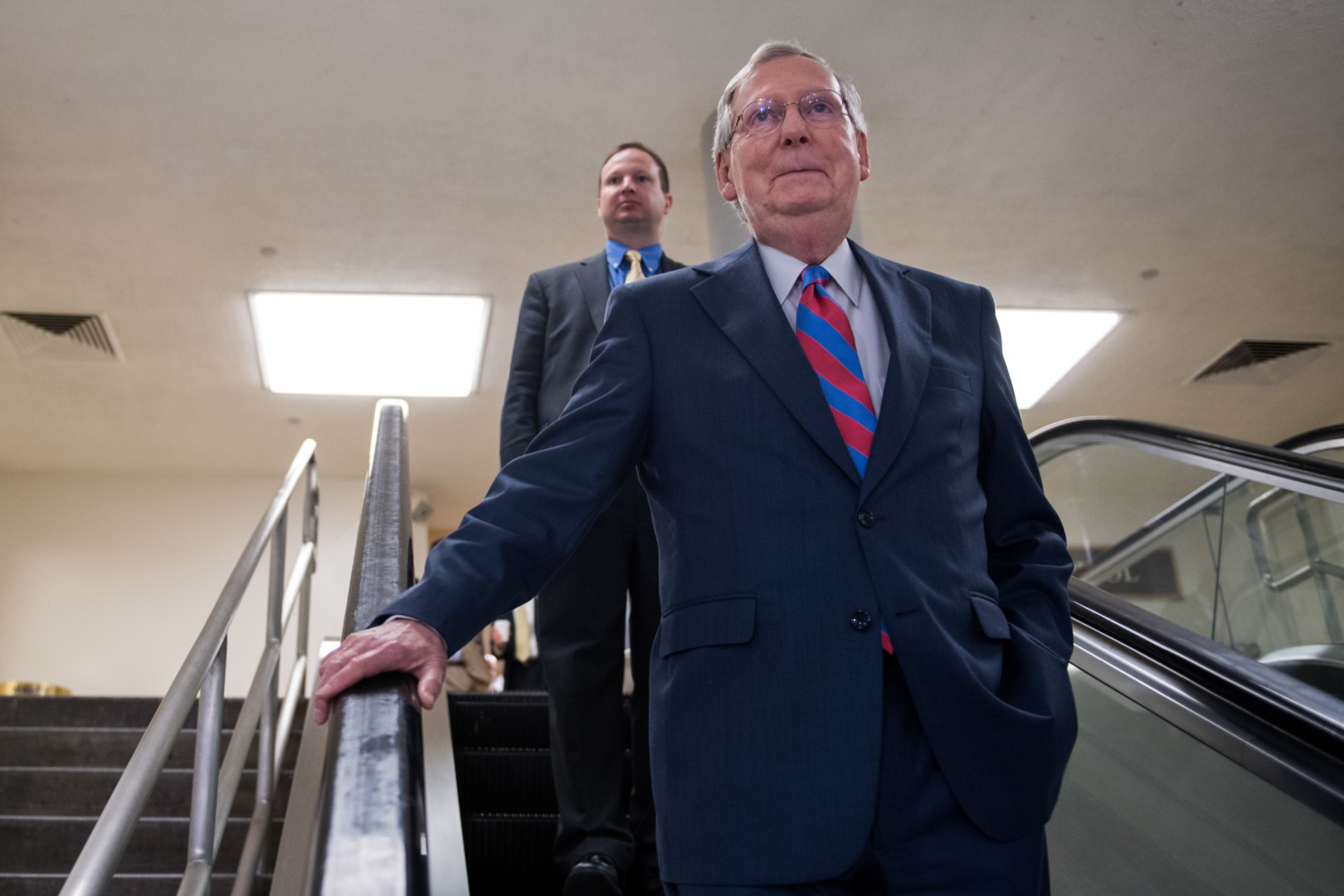July 6, 2016 at 5:30 am ET
- Share on Facebook
- Share on Twitter
- Share on LinkedIn
- E-mail to a friend



As congressional leaders remain deadlocked over a legislative package to provide additional funding to combat the Zika virus, a new Morning Consult poll shows more than three-quarters of registered voters support the measure.
In the national survey taken from June 30 through the July Fourth weekend, 76 percent of respondents said they either somewhat support or strongly support the bill, which stalled last week in the Senate. But slightly more respondents said they’d be less likely to support the measure if it included most provisions Democrats have labeled as “poison pills.”
The bill would provide $1.1 billion to respond to the Zika virus, with about three-quarters offset by other federal funding and the rest considered emergency funding. While the bill would provide funding to hospitals and other providers, it would not provide funding to some health centers, including Planned Parenthood. Additionally, the bill would waive some water pollution regulations to make it easier to kill mosquitos carrying the virus.
The Zika funding is attached to a military construction and veterans affairs spending bill, which includes a provision that would allow the Confederate flag to be flown on some federal grounds. Democrats object to those points, and thus blocked the bill during a procedural vote in the Senate last week after months of calling for emergency funding.
Still, more than half of those polled (59 percent) said the virus is a health crisis requiring immediate action from Congress or the federal government. Just 18 percent said it wasn’t, and almost a quarter (24 percent) said they did not know or had no opinion.
Including offsets on the measure made those surveyed slightly more likely to support it. Of the respondents, 42 percent said the offsets made them somewhat or much more likely to support the bill, while 36 percent said offsetting the funding made them somewhat or much less likely to support it.
An additional 7 percent of respondents said the offsets had no impact either way, and 14 percent said they didn’t know or had no opinion.
Support for, or opposition against, the inclusion of the so-called “poison pills” broke down along partisan lines.
Slightly more respondents (38 percent) said knowing Planned Parenthood would not receive any funding under the bill made them somewhat or much less likely to support the bill, compared with those who said it would make them somewhat or much more likely to support it (34 percent). Almost half (49 percent) of Democrats said blocking funding from Planned Parenthood would make them less likely to support the bill. More than half (51 percent) of Republicans said blocking the funding would make them more likely to support it.
Democrats have made the Planned Parenthood funding limitations a primary part of their argument against the bill, and have been vocal about their objections. Many women rely on their services if they struggle to access other providers, they argue. They’re also calling it ironic that the virus can be spread sexually and has greater effects on pregnant women, though Planned Parenthood, which focuses on reproductive health wouldn’t receive federal funding.
The Republican-backed bill, which came out of a conference committee without Democratic support, also includes a House-passed bill aimed at making it easier to kill mosquitos carrying the Zika virus.
Nearly half of respondents (47 percent) said a provision suspending water pollution rules on the use of some pesticides would make them somewhat or much less likely to support the measure. Another 31 percent said the measure would make them somewhat or much more likely to support it.
While 8 percent said it made no impact on their decision to support the bill, 14 percent said they didn’t know or had no opinion.
On permitting the Confederate flag to fly on some federal grounds, nearly a quarter (24 percent) said the provision made them much less likely to support the bill. But the second most popular response was that the provision made no impact on a voter’s decision to support the measure. Just 10 percent said it made them somewhat less likely to support the bill.
Overall, 31 percent of respondents said its inclusion made them somewhat or much more likely support the measure. Another 14 percent said they didn’t know or had no opinion.
Along partisan lines, 45 percent of Democrats said the Confederate flag provision made them less likely to support the measure, compared with 41 percent of Republicans who would be more likely to support it.
The Senate’s next steps on a Zika bill are still unclear. The chamber returns to work Wednesday after a short July Fourth recess. While Democrats have called to reopen negotiations, Senate Majority Leader Mitch McConnell vowed last week to hold another vote on the conference report as it is currently written, saying the package is unamendable.
The national Morning Consult survey polled 2,001 registered voters from June 30-July 4 with a margin of error of plus or minus 2 percentage points. See the toplines and crosstabs.